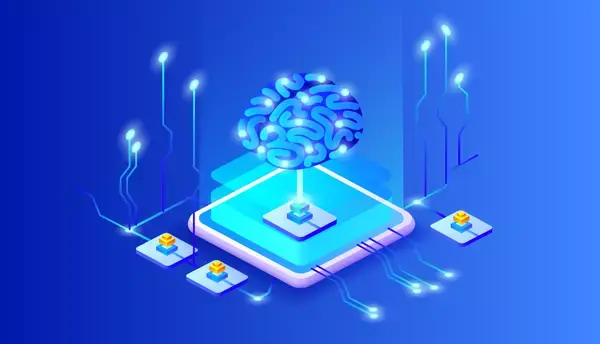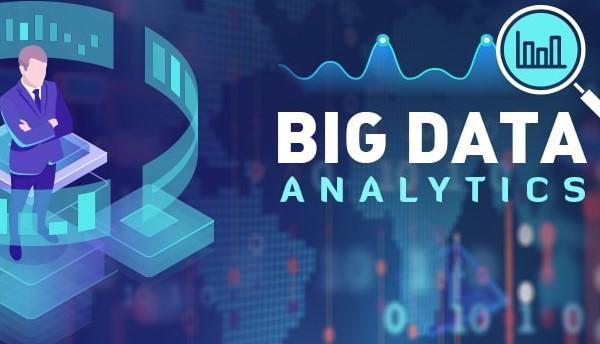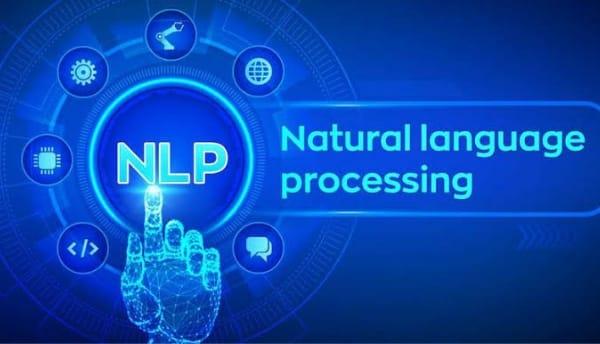
Artificial intelligence is about to become the most important branch of the IT industry. It’s already a fast-growing niche that affects different aspects of our lives. From smartphone apps and chatbots to big data processing and robotics, machines learn much faster than before. But they’re still machines and they need people to keep providing them with the right input to perform all those operations. That’s why many experts from different IT fields are thinking about making a transition into an AI career. Here are some tips that can help you make this change as smooth as possible.
Get the basics of business
No matter what sort of IT operations you’re dealing with at the moment, your AI-adventure will most probably be much different. If you’ve reached a senior level in your skills and salary, prepare for a potential one step down in your new position. For instance, if you’ve worked as a data analyst and now you want to take an AI-path, you probably won’t be on that level at the beginning of your AI career. The reason why you’re making this career shift is to ensure a bright and prosperous future, career-wise.
So, there are two things that you need to handle. On the one hand, this potential but temporary cut in your salary and position. On the other hand, you need to get the basics of the business that you’re moving to. This means understanding both the new core tasks you’ll be getting and how the niche in question operates in the current market. These two aspects will ensure a frictionless transition and fast progress in your new position.
Expand your AI knowledge
Closely related to the previous paragraph, it’s vital to expand your AI knowledge before you take that path. Artificial intelligence is not a centralized field. This industry is becoming increasingly diverse, which is something that both IT rookies and experienced IT-employees need to bear in mind. Going by what the experts behind the IED Barcelona’s Master’s Degree in Design for Artificial Intelligence teach us, concentrating on conceptualization, design, and development of AI-enhances products will help you find your place in this niche.
After you’ve mastered these general ideas, the next step is to focus on the things you’re genuinely interested in. Depending on the part of AI you want to work on, narrow down the list of skills and operations that you should master for the beginning of this quest.
Strengthen your programming skills
If you’ve worked as a junior software developer for a while and now you want to enter the AI ecosystem, you need to learn a lot. AI usually comes as the next level in the IT hierarchy. It includes the aforementioned conceptualization but it has to be built on the firm foundations of meticulously devised and written code. If you’re still struggling with simple code and basic programming languages, you better start improving your core skills right now.
For instance, an average machine learning engineer needs to possess a deep understanding of programming, data modeling and evaluation, probability and statistics, and other important AI-features to be able to work in the industry. Therefore, evaluate your current skills to fill all the potential gaps in your current knowledge.
Read How AI and ML Can Accelerate Reliance on Analytics
Improve soft business skills
Working in the IT field usually includes having a somewhat different mindset from people operating in other business niches. You can often hear people say that someone has “a programmer’s mindset”. This means thinking about problems and projects in a strategic, mathematical, and logical way. Similarly, if you want to navigate between different careers within the IT field, you need to finetune this mindset. Software developers usually focus strictly on the functionality and operability of their code and solutions.
Joining the AI-crew requires enriching these skills with a set of the necessary soft skills for AI. These include abstract thinking, the understanding of interactivity between machines and systems, and practical aspects of AI. So, it’s necessary to cover the whole logical hierarchy of AI, from the mere concept to its everyday applicability.
If you want to successfully migrate to the AI field, you need to properly plan this transition well in advance, no matter how experienced you are in your IT-niche. Learning the differences between your current business area and the one you’re moving to will give you a solid framework for your next steps, allowing you to make your transition in a confident and fast way.








